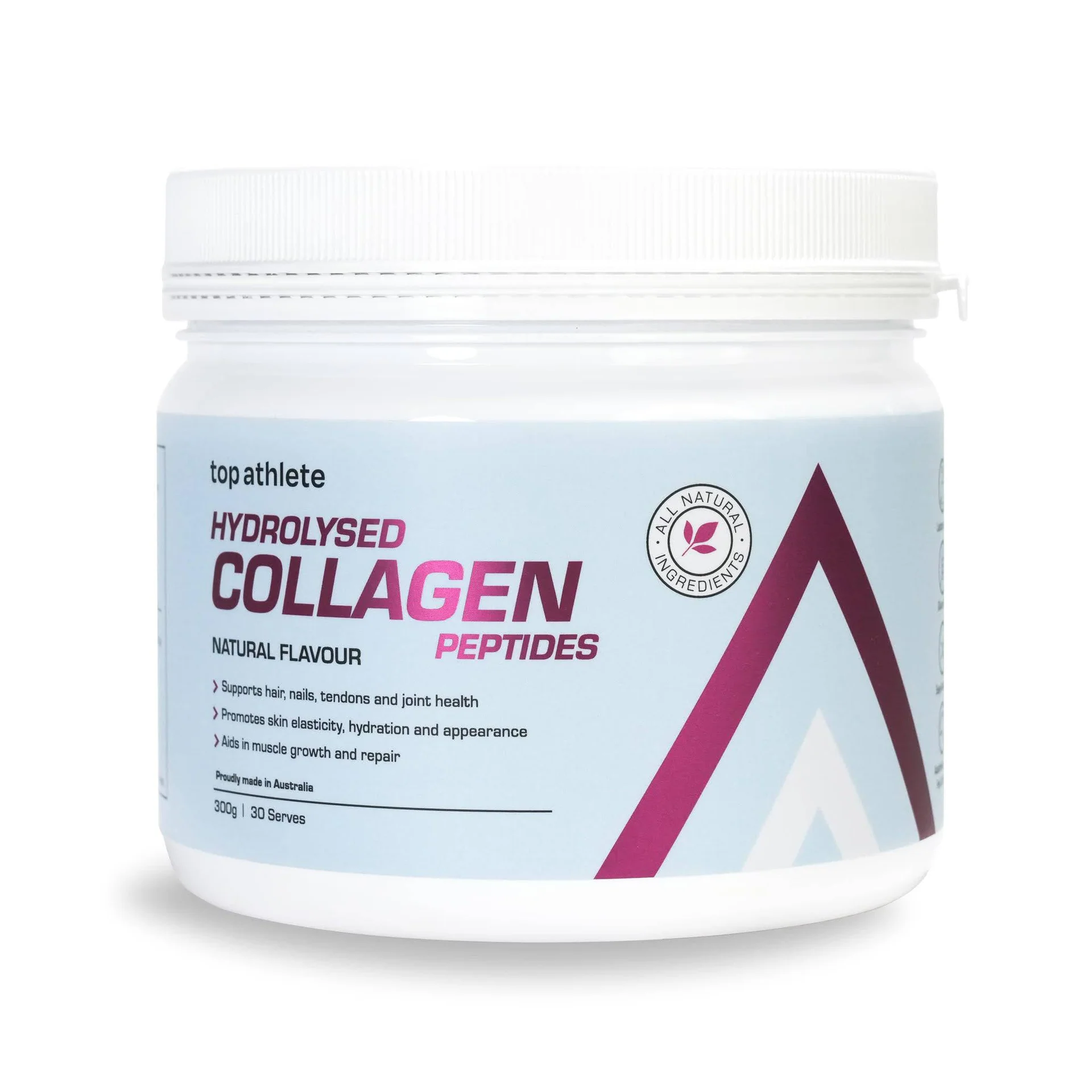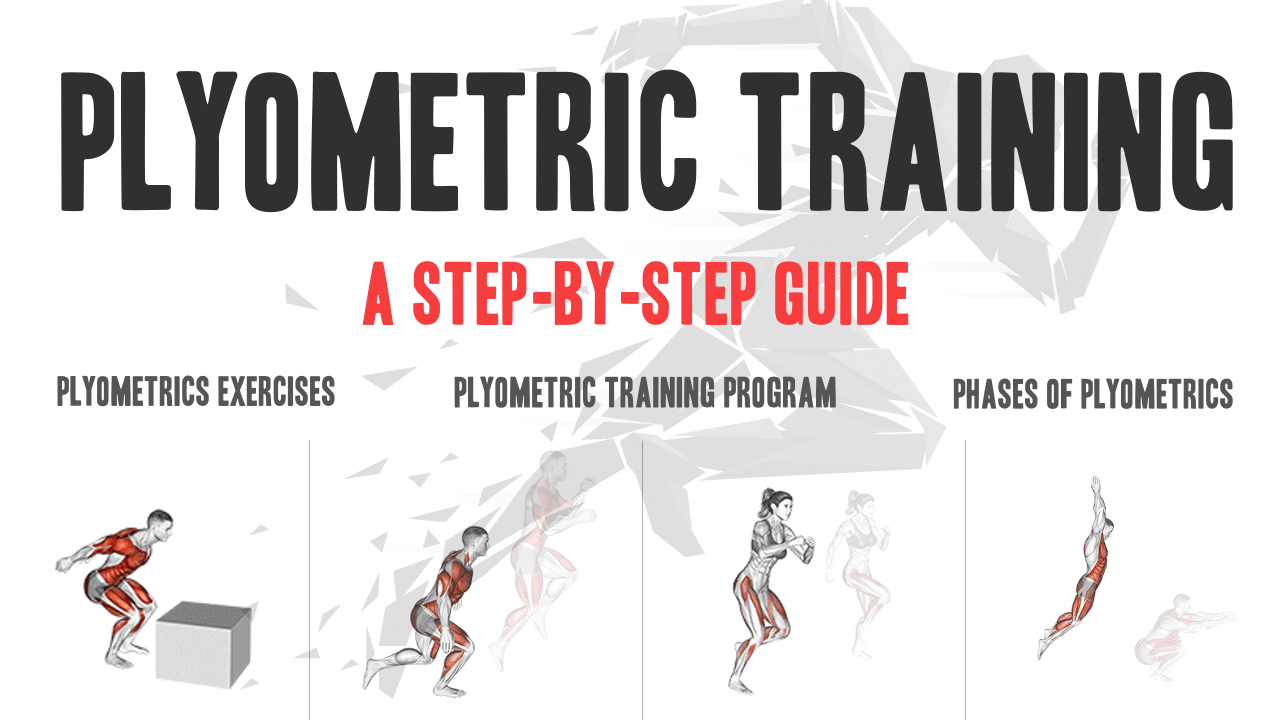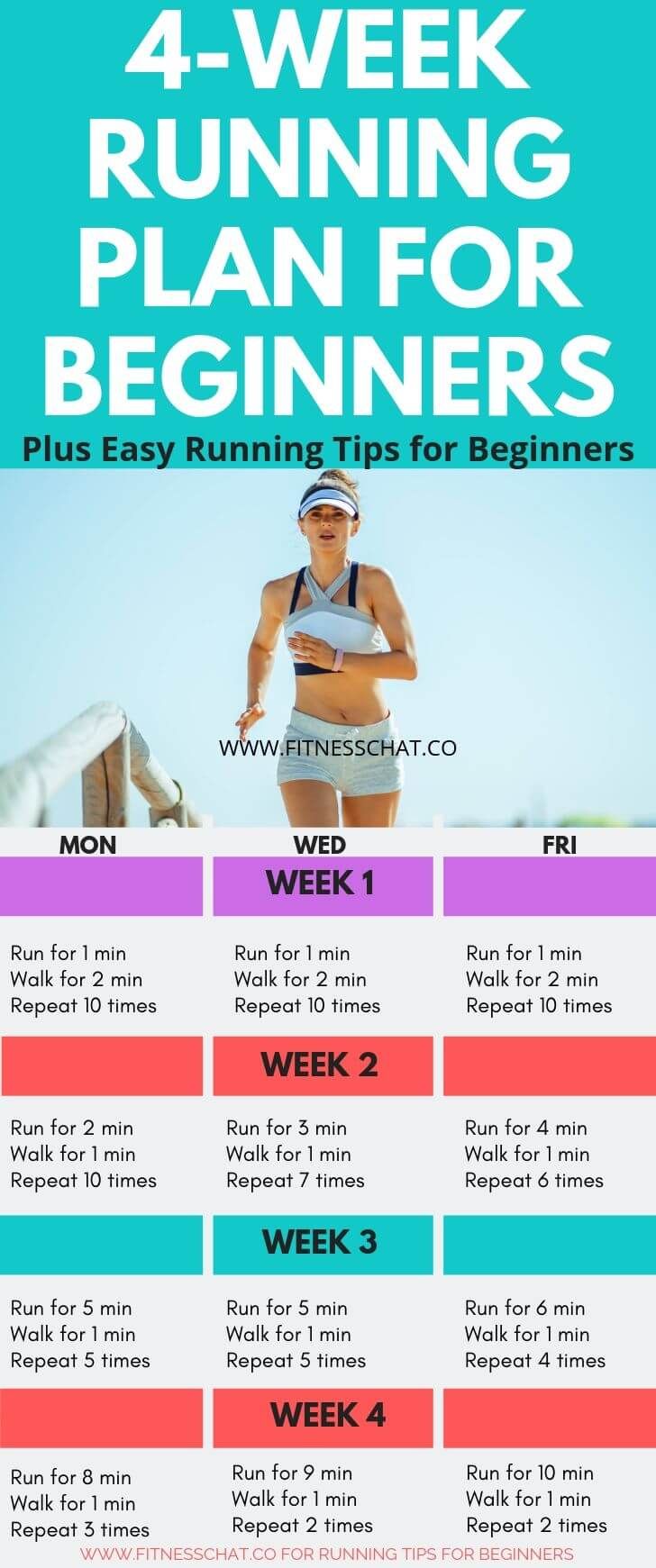The amount of protein your body needs depends on your personal goals and activity level. Whether you’re working on building muscle, losing weight, or simply maintaining overall health, protein plays a crucial role in achieving these objectives. Here’s how you can boost protein intake based on your specific goals.
Boost Protein Intake For Muscle Building
If you’re focused on building muscle, protein is key. Your muscles need protein to repair and grow, especially after intense workouts. Here’s how you can optimize your protein intake for muscle growth:
- Aim for 1.6-2.2 grams of protein per kilogram of body weight: This range supports muscle growth and recovery. For example, if you weigh 70 kg (about 154 lbs), you should aim for 112-154 grams of protein daily.
- Spread protein intake throughout the day: Consuming protein consistently throughout the day ensures that your muscles have a steady supply of amino acids. Try to include protein in every meal and snack.
- Consume a larger serving of protein after workouts: After resistance training, your muscles are primed for recovery. Consuming protein within an hour or so post-workout helps with muscle repair and growth. Pair it with a source of carbohydrates to replenish energy stores and support protein absorption.
- Combine protein intake with resistance training: Protein alone won’t build muscle—you need to pair it with regular strength training for the best results.

Boost Protein Intake For Weight Loss
Protein can be your best friend when you’re trying to lose weight. It helps maintain muscle mass while in a calorie deficit and keeps you feeling fuller for longer, reducing the chances of overeating. Here’s how to boost protein intake for weight loss:
- Aim for 1.2-1.6 grams of protein per kilogram of body weight: While on a calorie-restricted diet, consuming adequate protein helps prevent muscle loss. For someone who weighs 70 kg, that means aiming for 84-112 grams of protein per day.
- Ensure you’re in a calorie deficit: While eating more protein is important for weight loss, make sure you’re consuming fewer calories than you burn. Protein helps, but overall calorie control is crucial.
- Prioritize lean protein sources: Choose foods like chicken breast, turkey, fish, tofu, and low-fat dairy. These options are lower in calories but still pack a protein punch.
- Limit processed foods: While protein bars and shakes can be convenient, whole-food sources of protein are generally healthier and more filling. Try to get the majority of your protein from real, unprocessed foods.
For Overall Health
Even if you’re not aiming to build muscle or lose weight, protein is still essential for overall health. It supports your immune system, helps maintain strong muscles, and plays a role in hormone production. Here’s how to ensure you’re getting enough protein for general well-being:
- Aim for 0.8 grams of protein per kilogram of body weight: This is the recommended daily intake for most adults. For someone who weighs 70 kg, this would be around 56 grams of protein a day.
- Include protein in every meal and snack: Try to distribute your protein intake evenly throughout the day. Incorporate protein-rich foods like eggs at breakfast, chicken or legumes at lunch, and fish or tofu at dinner.
- Choose a variety of protein sources: Incorporating a diverse range of protein sources ensures you get different essential nutrients. Good options include meat, poultry, fish, eggs, dairy, legumes (like beans and lentils), and plant-based proteins like tofu and tempeh.

Additional Tips to Boost Protein Intake
- Track your protein intake: Using a food diary or a tracking app can help you monitor how much protein you’re consuming daily. This can be especially helpful if you’re trying to meet specific protein goals.
- Consider a protein supplement: If you’re struggling to hit your protein target through whole foods alone, supplements like whey protein or plant-based protein powders can help fill the gap. However, try to rely on whole foods whenever possible.
- Listen to your body: Pay attention to your hunger and fullness cues. Your body will signal when it needs more fuel or if you’re overdoing it. Make adjustments to your diet based on how you feel.
Conclusion
Boosting protein intake is essential for achieving a variety of fitness and health goals. Whether you’re building muscle, losing weight, or simply trying to maintain your health, the right amount of protein can make all the difference.
By spreading your protein intake throughout the day, choosing quality sources, and paying attention to your body’s needs, you can effectively boost your protein intake and support your goals.
Waite and Sea – BECOME AMAZING
#protein #nutrition #fitnessgoals #weightloss #musclebuilding #healthyeating #mealplanning #fitnesstips #diet #supplements






